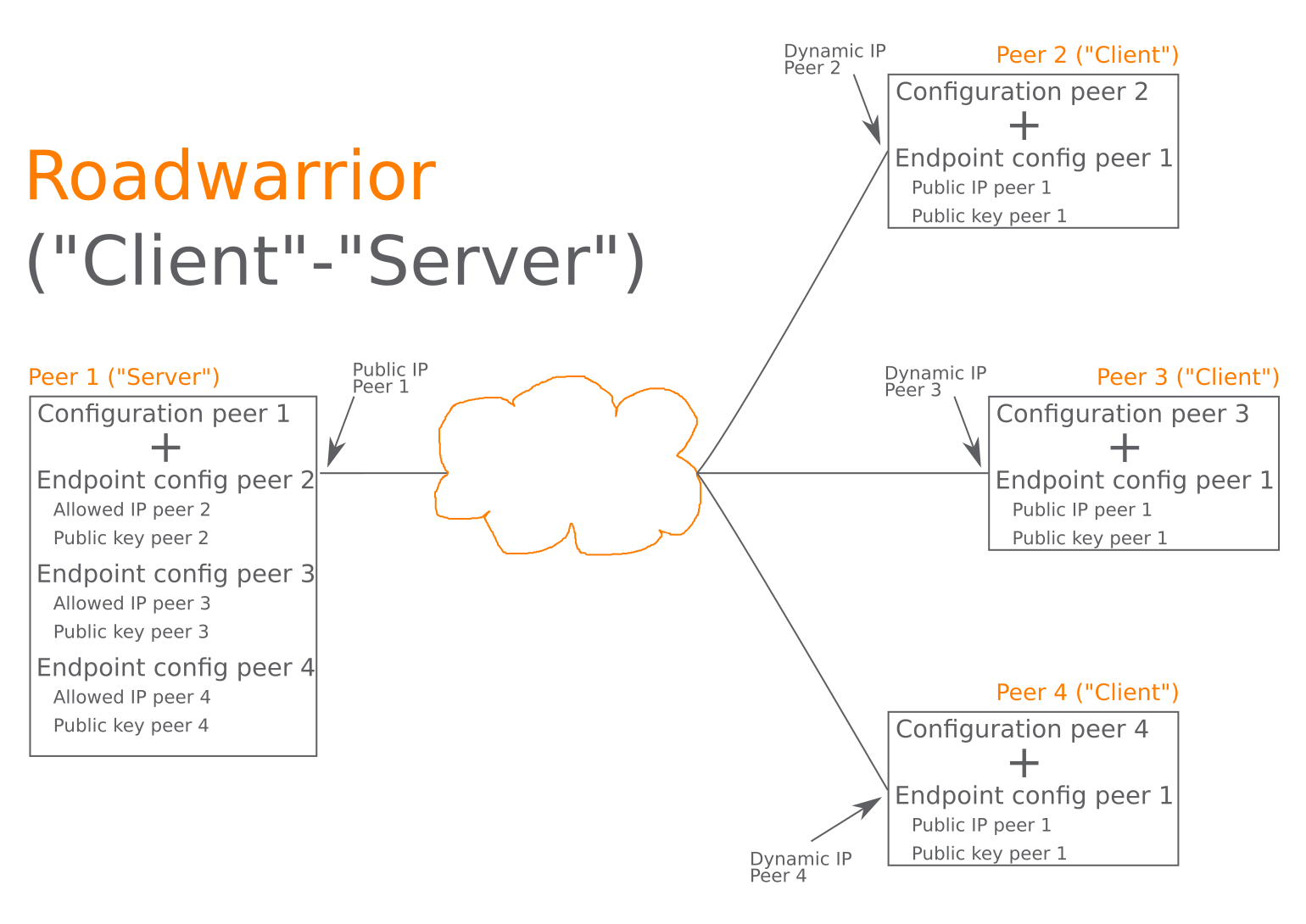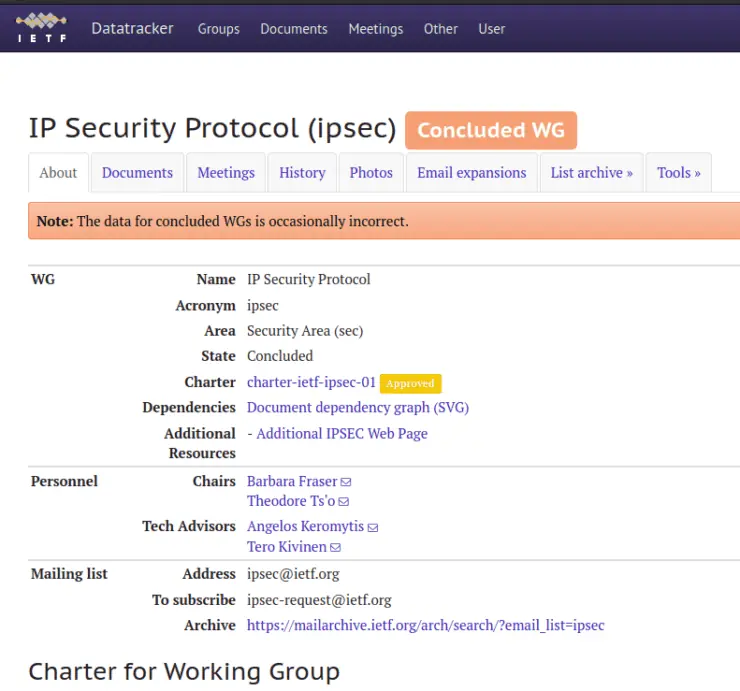Featured
Table of Contents
What Is Wireguard? - Proton Vpn Blog
One of the most popular VPN services,, was the very first of the larger VPNs to provide Wire, Guard's procedure. Nord, VPN believed so extremely of Wire, Guard that it took things further and modified the open-source offering to develop Nord, Lynx, its tailored procedure that provides one of the fastest VPN connections.
When comparing Open, VPN and Wire, Guard, it is essential to consider the strength of file encryption however also speed, and versatility in regards to how quickly it can be integrated into different networks. is an open source protocol that was invented in 2001, and despite its age most encryption tools support it, and so it has ended up being the most popular of all VPN alternatives on the market.

How do I setup Wire, Guard? Setting up a Wire, Guard application is easy.
Best Vpns With Wireguard In 2023 (Only 4 Passed All Tests)

This includes typing in the IP address, port number and other information and after that triggering the client. What's much better: IPSec vs Wire, Guard? Everything depends upon the network environment you are using. There are numerous reports that Wire, Guard provides the very same level of file encryption while making connections much faster, however some enterprises might choose IPSec due to the type of cryptography algorithms it supports.
There are many free VPNs that support Wire, Guard, and it is likewise consisted of by default in the Linux kernel, so those who are proficient at shows can develop these kinds of encrypted connections simply by typing in the command line. Wire, Guard is likewise supported by subscription-based security products.

After that all connections will be tunneled utilizing Wire, Guard rather than alternative procedures. Is Wire, Guard safe to utilize? Though it is relatively new on the scene, Wire, Guard's tiny codebase has been thoroughly evaluated and investigated, and it's addition on the Linux kernel is a massive vote of self-confidence in its safety.
What Is Nordlynx And How Does It Work? [Full Explanation]

Most VPN solutions that exist today were developed a very long time earlier, so they're quite sluggish and are extremely crafted. Enter Wire, Guard, a task that puts security and simpleness initially. Security researcher and kernel developer Jason Donenfeld got the idea for Wire, Guard in 2017 while in requirement of a sneaky traffic tunneling solution that might be used during penetration screening engagements.
He set out to develop an entirely new VPN procedure and application that would prevent some of the style decisions that changed other tunneling innovations into beast tasks with substantial code bases and many knobs and switches. For one, the Wire, Guard procedure does away with cryptographic dexterity-- the idea of offering choices amongst various encryption, key exchange and hashing algorithms-- as this has led to insecure implementations with other innovations.
The procedure is also sneaky, as it does not respond to any packets from peers it does not recognize, so a network scan will not reveal that Wire, Guard is operating on a maker. what is wireguard protocol and how does it work?. In addition, the connection between peers, which can act as both clients and servers at the exact same time, go silent when there's no exchange of information.
What Is Wireguard®? Explaining The Wireguard® Vpn Protocol
The primary Wire, Guard implementation is for Linux and can be found in the form of a kernel module. The code is planned to be quickly auditable, with Donenfeld saying it can be read in an afternoon. Compared to Open, VPN which has over 100,000 lines of code and depends on Open, SSL-- another big codebase-- the Wire, Guard kernel module has around 4,000 lines of code and the crypto code is built into it.
Aside from some community-supported Android firmware jobs that incorporated the Wire, Guard kernel module, the non-Linux Wire, Guard implementations run in userspace and don't gain from the exact same performance as the kernel execution. That stated, they still manage to match or surpass Open, VPN. The Wire, Guard kernel module is available in the bundle repositories of all significant Linux distributions and even some specific ones.

6, launched on March 29, 2020, Wire, Guard is among the technologies that are integrated in by default. This is likewise thought about Wire, Guard's very first stable release, or version 1. 0.0."The last several weeks of 5. 6 development and stabilization have been exciting, with our codebase undergoing a quick security audit, and some genuine headway in terms of getting into circulations," Donenfeld said in the release statement.
Why Wireguard? - Guides
Donenfeld accepted the compromise and was mostly pleased with the result."It's not called 'Zinc' any more, and a few of the style choices I liked aren't there, however I think the lion's share of what we wanted is there, and a few other pieces must be possible to upstream one at a time," he said in a message to the Wire, Guard project's subscriber list at the time.
From then on, things moved reasonably quickly, with numerous reviews, bug repairs and modifications in the course of a couple of months prior to the steady release. To improve Wire, Guard performance on Windows, Donenfeld and the other Wire, Guard designers have developed a new, easier open-source TUN motorist called Wintun. Windows does not supply a native TUN virtual device and while some drivers exist to accomplish this from jobs such as Open, VPN or Soft, Ether, they were written a long time ago and have various concerns."These jobs were composed in a different age, the age of NDIS5, and then ported later on to NDIS6," Donenfeld wrote in an email in March revealing the project.
Even before reaching a stable version Wire, Guard was currently being used in production. Some business VPN provider offer Wire, Guard servers and there are continuous efforts to construct mesh networking tools around it. It is not yet "enterprise all set" and it's unclear if it will ever be since its developers are unwilling to include brand-new functions that are just useful to a subset of users or cover edge cases since that's how other jobs ended up being excessively intricate.
7 Common Vpn Protocols Explained And Compared
For example, business need to release and configure new software application on a a great deal of computers in an automatic manner, but the circulation of public keys amongst peers and crucial management are not covered by the Wire, Guard task itself and will have to be carried out as a separate tool.
Wire, Guard, which makes it more accessible than some exclusive innovations. Its open source also makes it much more friendly when setting it up on gadgets that don't support Wire, Guard natively. Nevertheless, Wire, Guard has lots of, also. Being the most current VPN protocol doesn't come at a rate.
Wire, Guard has to be an alternative without any shadows of doubt. Wire, Guard works by on the VPN servers so that the data packages would not be mixed amongst its users. In concept, this can badly threaten the user's privacy as this is one of the essential vulnerabilities that a burglar might target.
Latest Posts
Best Vpns For Business Travelers To Stay Digitally Fit (2023)
The Best Mobile Vpns Of 2023
Best Mobile Vpn 2023